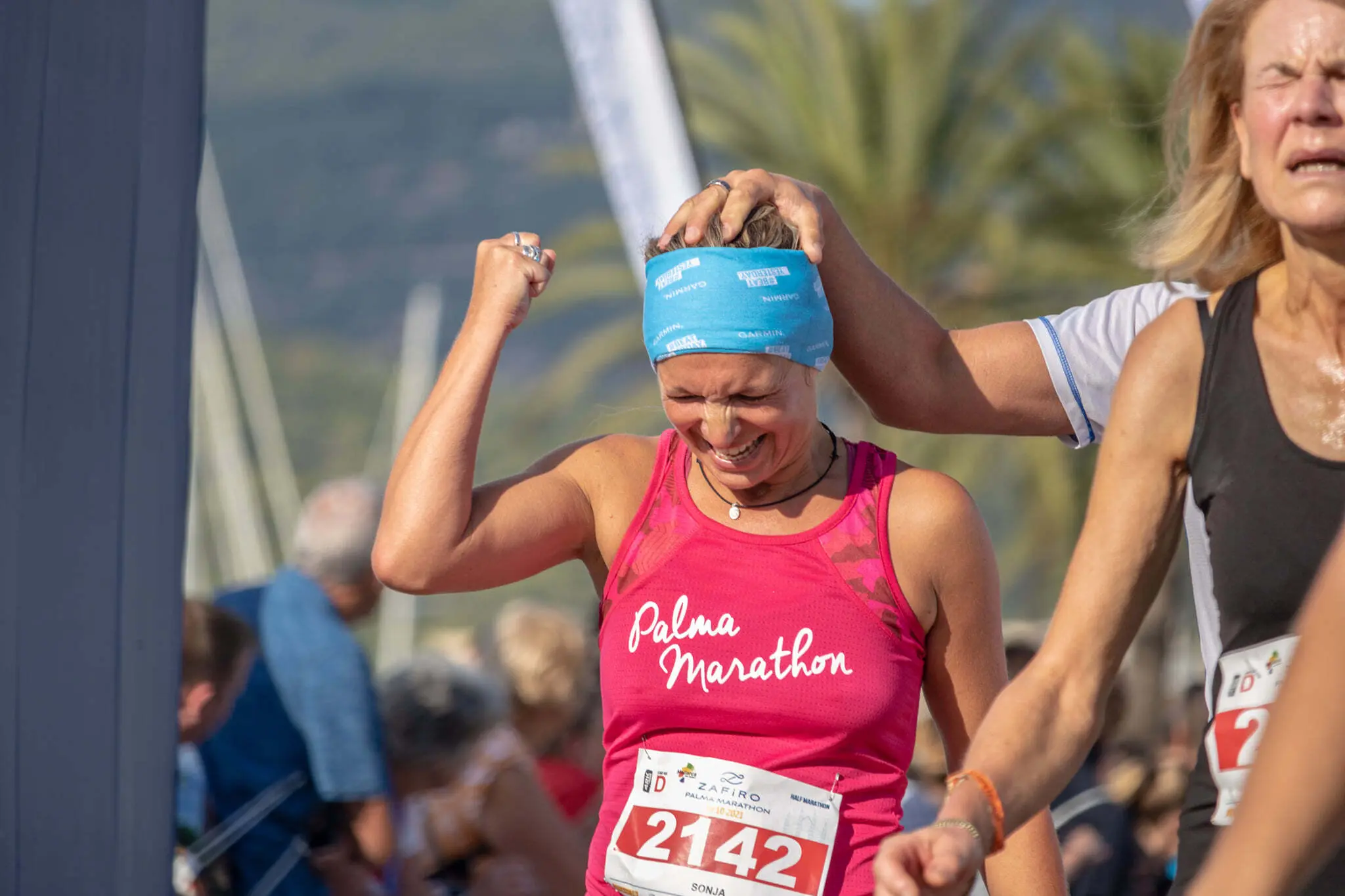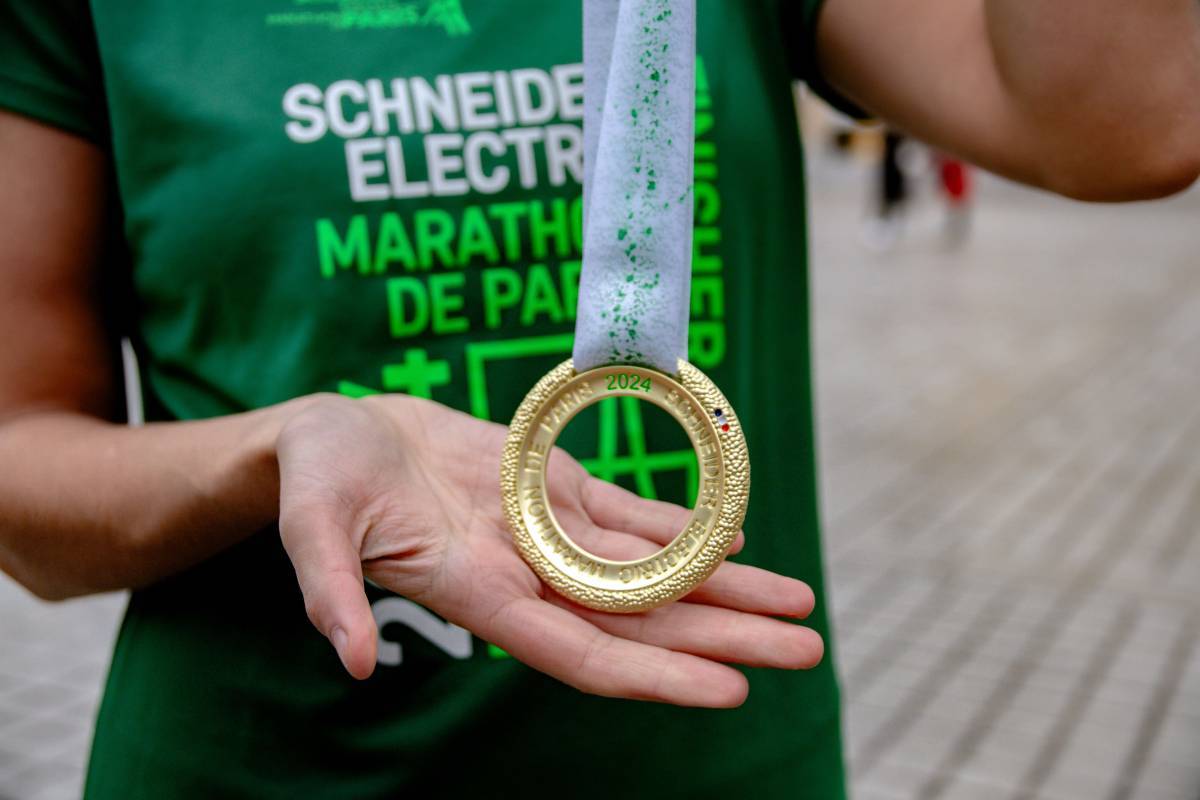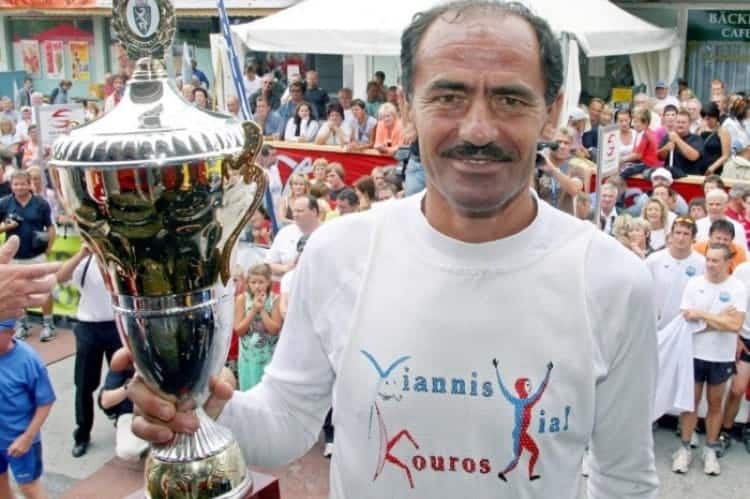Why so many people choose to run their first marathon after 40
Turning 40 doesn’t always mean a midlife crisis. For many, it becomes the perfect opportunity to turn age into a major challenge: running a first marathon. Driven by a search for meaning, a desire to reclaim time, and inspired by role models, more and more people in their forties are taking on the 42.195 km distance, proving that this legendary race is far from being reserved for the young.
Forty years old. A milestone for some, but for many, it’s a positive turning point—a chance to take on a symbolic, life-defining challenge. Nicolas, 42, had never run more than 15 km. That changed when he encountered a 65-year-old runner training for the Paris Marathon. “If he can do it, why not me?” he thought. A few months later, Nicolas completed the full 42.195 km in exactly four hours. Not a record-breaking time, but an unforgettable memory—a feeling of having engraved his 42 years into the streets of the capital. Nicolas is not alone: at the 2024 Paris Marathon, the average age of finishers dropped to 38 (from around 41 in 2015), and nearly half of the 2025 participants ran their first marathon. These trends show that forty is a pivotal age—not for stepping back, but for launching new challenges.
| The age of clarity, resources, and discipline
Running a marathon at 40 makes perfect sense. By this age, many have reached a level of stability: a settled career, older children, income to invest in proper training. Gone are the improvised Sunday runs—welcome to carefully structured plans, top-of-the-line shoes, and physio sessions to prevent injuries. Beyond financial means, there’s clarity. Nicholas Thompson, editor-in-chief of Wired and an experienced marathoner despite a busy schedule, often notes that age forces runners to listen to their bodies: “After 40, recovery is no longer optional—it’s strategic.” This discipline becomes an asset: runners in their forties are not just chasing performance, they are building a solid, thoughtful, and sustainable project.
| A challenge that gives meaning to life’s milestones
The reason so many turn to the marathon at this age is that the race becomes a meaningful ritual. One Parisian runner told Elle that she had long limited herself to short runs along the Canal de l’Ourcq. Approaching 40, she felt the need to push herself and mark the occasion by signing up for the Paris Marathon. The result? A race experienced as a personal rebirth. She wasn’t chasing a record but an emotional accomplishment. Sports psychology confirms it: a marathon at this age is less about raw performance and more about proving one’s ability to cross a milestone. It’s a “rite of passage” that gives daily life renewed significance and shows that both body and mind can still push boundaries.
| Waiting until forty to start
This phenomenon isn’t limited to amateurs. Some French athletes discovered the marathon after 40, both men and women. Nathalie Mauclair, double world trail champion in 2013 and 2015, had never run a marathon before turning forty. Her story illustrates that there’s no “ideal” age to start—even at a high level, curiosity and motivation can emerge late and transform a sporting life.
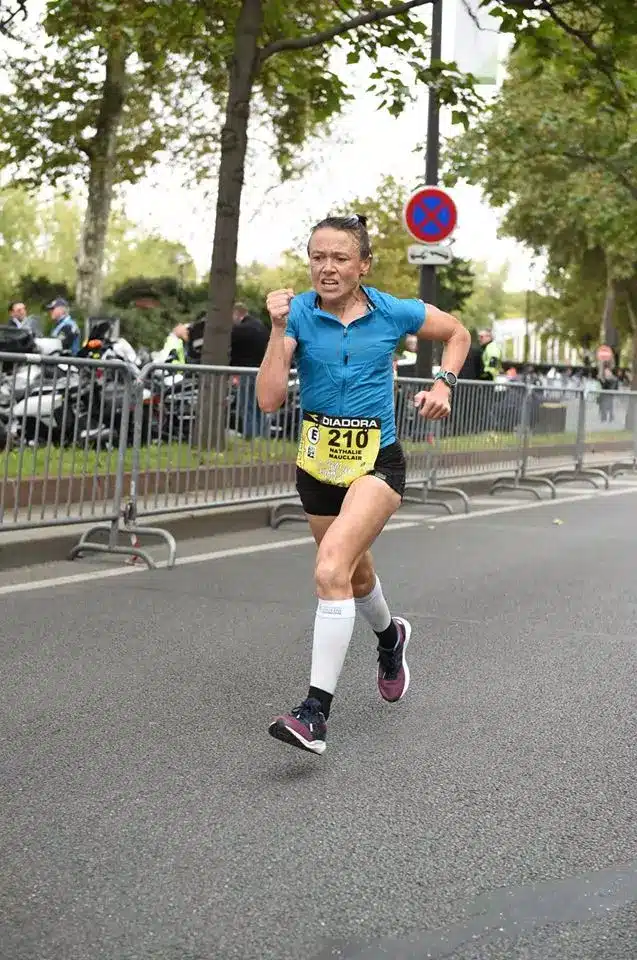
Another striking example is Barbara Humbert. Holder of the world record for the 24-hour run in her age category, she only started running marathons at 43. With no elite athletic background, she simply wanted to challenge herself. Since then, the 2024 Paris Marathon veteran has completed multiple races, proving that it’s never too late to write your story over 42.195 km. Her journey has inspired thousands, showing that turning forty can mark not an end, but the start of a new adventure.
| Inspiring role models everywhere
The web and media are full of such stories. In France, former professional cyclist Laurent Jalabert discovered the marathon after retiring and continues to shine in road races past 50 through Ironman events. Eliud Kipchoge has repeatedly emphasized that “only the mind sets the limits,” a maxim that resonates even more for those seeing forty not as a ceiling, but as a springboard. These examples feed a collective imagination in which forty becomes synonymous with new beginnings.
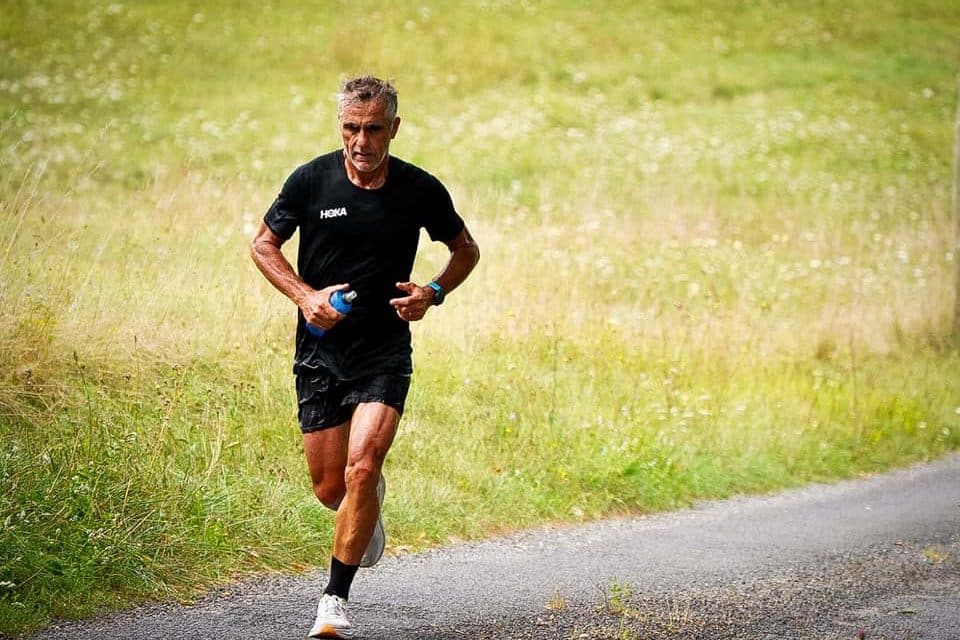
| A personal triumph over time and self
Running a first marathon after 40 is also about reclaiming control—over time, doubts, and perhaps a few extra kilos gained over the years. Training imposes structure, discipline, and self-reflection. At the finish line, the medal is more than a symbolic object: it crystallizes months of effort, a reconciled body, and renewed confidence. Research such as “The effects of physical activity on self-esteem in older adults: a systematic review” shows that for runners over 40, motivation extends beyond the clock. Health benefits, improved body image, and enhanced self-esteem are commonly reported. Comparative studies confirm that older runners feel healthier and gain psychological well-being after long-distance preparation (half or full marathon). Many say their first marathon makes them feel younger—a second athletic youth, more conscious and self-assured.
A first marathon is always a unique memory, whether run at 25, 35, or 45. But after forty, it carries special weight. It represents not only a sporting feat but a conscious life choice. Completing a marathon at 42 is proof that thousands of kilometers are still possible. In a world where forty is sometimes seen as a turning point toward decline, 42.195 km tells a different story: one of vitality, ongoing challenges, and an age that, far from slowing down, can still accelerate.
➜ Check out the marathon calendar.

Dorian VUILLET
Journalist
